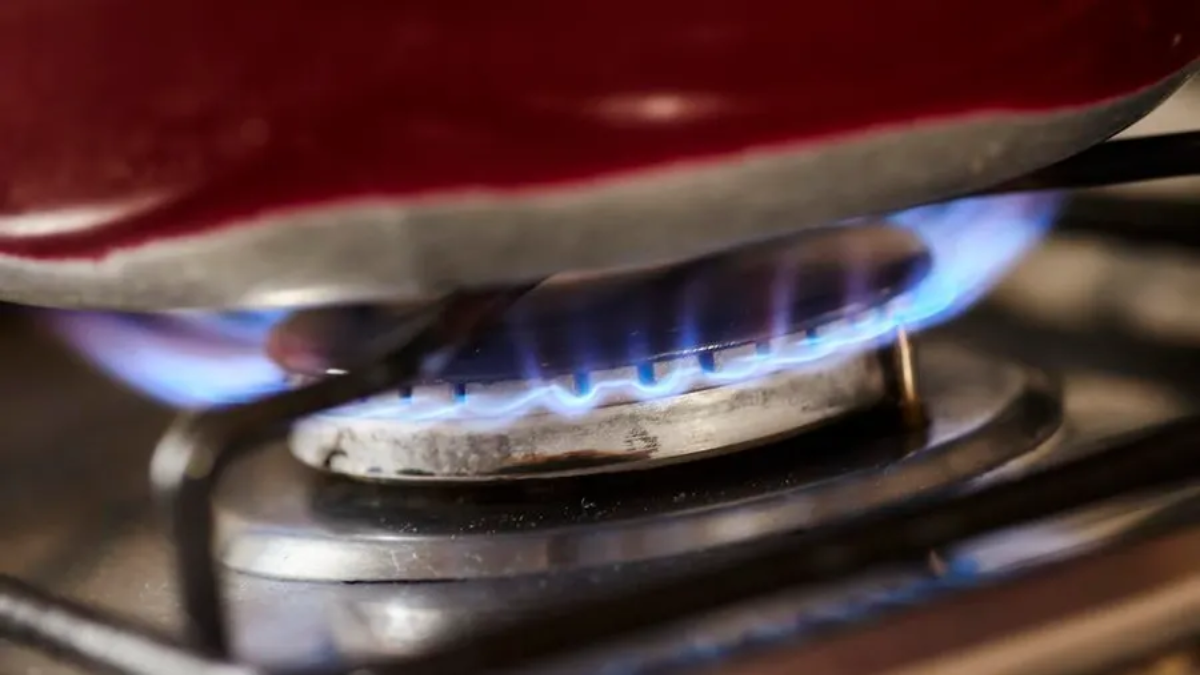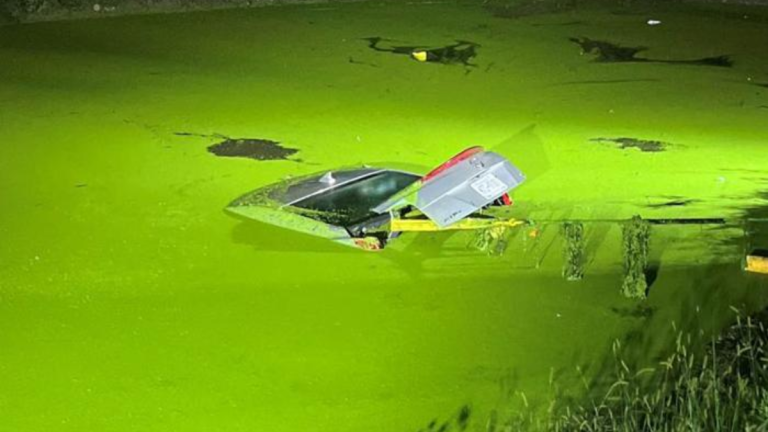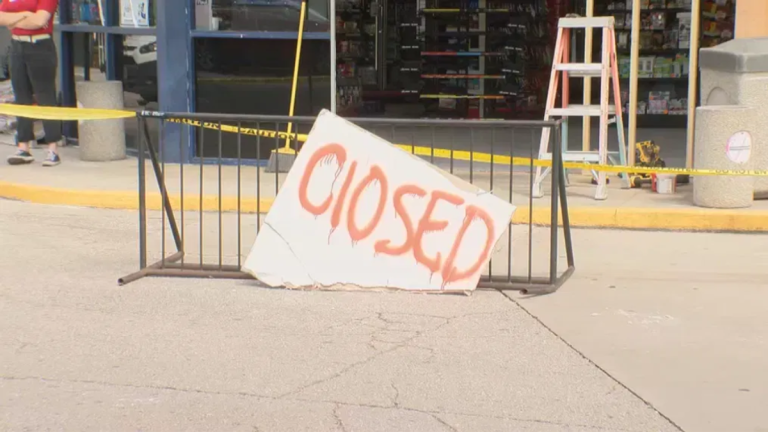Gas Odor in Your Home: A Guide On Things To Know
If you ever smell gas inside your house, it is a red flag that should never be ignored. Although the source of the odour may not be directly related to your gas installation, it is better to be safe than sorry. Ignoring a gas leak can result in significant expenses in the best-case scenario and fatal consequences in the worst.
If you’re worried about a gas leak in your home, knowing what to look for is essential. One of the most common signs of a gas leak is the smell. Natural gas is odourless, but gas companies add a chemical called mercaptan to give it a distinct rotten egg odour. If you notice this smell in your home, taking immediate action is essential.
Look for other signs besides the smell to identify a natural gas leak. You may hear a hissing or whistling sound near a gas line or appliance or notice dead vegetation or bubbles in standing water outside. Inside, you may notice that your gas appliances aren’t working correctly or that there’s a white cloud or fog near a gas appliance.
If you suspect a gas leak, taking action immediately is essential. First, leave your home immediately and go to a safe location. Then, call your gas company, 911, or the National Gas Emergency Service. Do not use electrical devices, light a match, or smoke cigarettes until given the all-clear.
In summary, if you smell gas in your home, acting quickly and taking the necessary precautions is important. Knowing the signs of a gas leak and what to do in an emergency can help keep yourself and your loved ones safe.
What Does the Smell of a Gas Leak Indicate?
When natural gas is used in homes, it emits a pungent odour that resembles rotten eggs or sulfur. Using a compound called mercaptan, this unique smell is intentionally added to the gas as a safety measure. This is to make it easier for homeowners to detect a gas leak in their homes, as the unpleasant odour is hard to miss.
In addition to the distinct sulfuric odour, other indicators may suggest a gas leak.
Identifying a Natural Gas Leak
1. Detecting an Unusual Odor
Many people believe that natural gas has a strong and unpleasant smell. However, this is not entirely true. The gas itself is odourless. We associate natural gas with a distinctive aroma because it’s mixed with agents for industrial and commercial purposes. These agents give natural gas a unique scent that is easily noticeable. If you detect a smell that resembles rotten eggs, it’s crucial to take it seriously, as it could be a sign of a gas leak.
2. The Presence of Bubbles in Your Water
When gas mixes with still water, it can create bubbles. To check for a potential gas leak, take a wet cloth mixed with soap and wipe down the area. If bubbles start to form immediately, it is a strong indication that there is a gas leak.
3. Continual Hissing Noise
If you suspect a gas leak, there are a few ways to confirm your suspicion. One such method is by listening closely for any persistent hissing sounds. To do this, turn off all noise sources and remain still for a minute. If you hear a hissing sound that is not interrupted or only stops briefly at irregular intervals, it could be a sign of a gas leak.
Plants Dying Unexpectedly: A Troubling Sign for Gardeners
Regarding gas leaks, it’s not just humans who are affected. The harmful gases can also negatively impact plants, particularly the oxygen levels in the soil. This can cause your plants to suffocate, which you may notice before experiencing any health issues yourself. Keeping a close eye on smaller plants near the ground is essential. If you start to see them dying for no apparent reason, it could be a sign of a gas leak and should be taken seriously.
5. Transformations in Your Well-being
If the gas leak is significant and has been present for some time, it can adversely affect your health. Gas poisoning can lead to recurring headaches, chronic fatigue, persistent nausea, and fainting. You may find it hard to breathe in areas affected by the leak. If you experience any of these symptoms, taking immediate action and investigating the situation is vital. This could indicate a significant leak that has released a considerable amount of gas into the air inside your home.
What to Do If You Smell Natural Gas
1. Start Taking Action Immediately
If you detect the smell of natural gas or suspect a gas leak, you should first take immediate action. It’s always better to be safe than sorry, even if it is a false alarm. Remember, authorities will never criticize you for reporting a potential problem that could have life-threatening consequences.
2. Leave the Building Immediately
Your and your family’s safety is paramount when a gas leak is suspected. Your immediate action should be to evacuate your home, even if you don’t feel any adverse effects. Please bring your pets and ensure that nobody re-enters the house until it has been thoroughly inspected. It’s crucial not to go back for any belongings, as you can’t predict the severity of the issue. Remember, your priority is to get out of the house and to safety.
3. Notify Your Gas Company and Emergency Services
After suspecting a gas leak, it is essential to immediately contact your gas provider and inform them about the situation. It is also advisable to call the emergency services to ensure that necessary measures are taken as soon as possible. While your gas company will likely inform the emergency services, it is always better to be proactive and ensure everyone is aware of the situation as soon as possible.
4. Turning Off Your Gas Main
If you can access your gas main and know its location safely, it’s wise to turn it off. However, only do so if it doesn’t endanger your life or the lives of others. If you need to enter your home to shut off the valve, it’s best to leave it to the professionals, mainly if it’s located in a low-lying area like the basement. There’s a possibility that gas has already built up in that area, and you may faint before realizing that anything is amiss.
5 Tips for Safe Evacuation: Don’t Use Electronics Until Outside
It’s essential to wait until you’re out of harm’s way before making phone calls. Please resist the urge to check or turn your phone off, as this may only exacerbate the situation by consuming more battery power during the shutdown. Keep your phone in your pocket and wait until you’re safely away from danger before using it.
Gas Leaks: What You Need to Know
Gas leaks are a grave concern that demands immediate attention. Even if you are uncertain about the existence of a leak, it is essential to verify the situation before going back home. Though it may end up being a false alarm, some scenarios require quick action to safeguard the lives of your loved ones. Therefore, being attentive and acting promptly in such situations is crucial.







